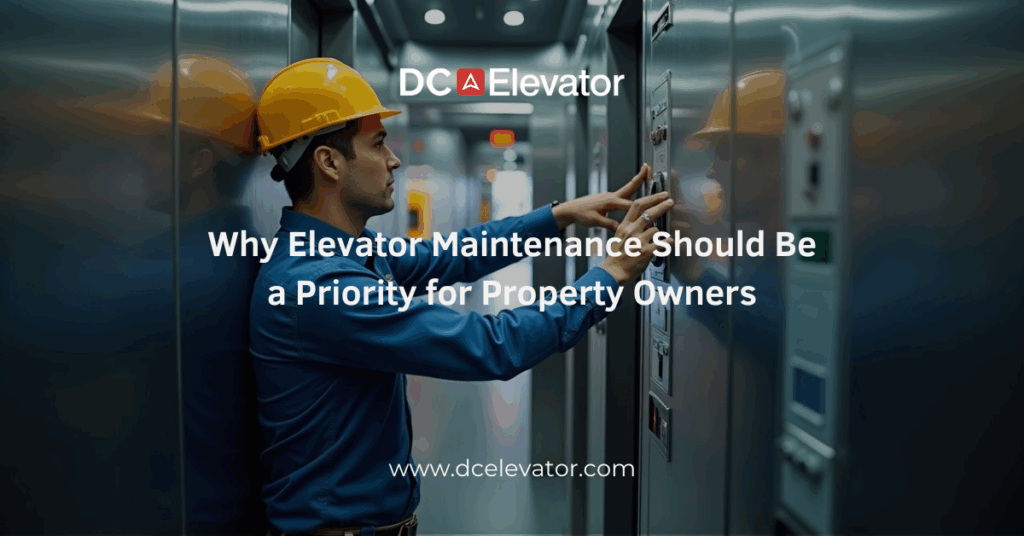Have you ever been stuck in an elevator or heard tenants complain about delays or jerky stops? These aren’t just minor inconveniences—they’re signs that elevator maintenance might be overdue. For property owners, reliable elevator service is more than a convenience; it’s a necessity. Elevators are one of the most used systems in any multi-story building, transporting people, equipment, and sometimes even emergency personnel. Without regular maintenance, these systems can quickly become a liability—both financially and in terms of occupant safety.
Whether you manage an office building, hospital, school, or apartment complex, staying ahead of elevator issues can protect your investment, prevent downtime, and keep people moving safely.
The High Cost of Skipping Maintenance
When elevator maintenance is neglected, the cost doesn’t show up right away—but it adds up quickly. Small issues like worn-out door rollers or misaligned sensors can escalate into full system failures. In some cases, a poorly maintained elevator might need a major repair—or worse, complete replacement—years earlier than expected.
Consider this: the cost of routine maintenance is a fraction of what emergency repairs or premature modernization projects might run. Delays in addressing wear and tear could also expose property owners to liability if someone is injured due to malfunctioning equipment.
What Regular Maintenance Includes
Routine elevator maintenance is more than a quick inspection. It typically involves:
-
Lubricating mechanical components to prevent friction and wear
-
Checking safety features like brakes and emergency communication systems
-
Cleaning and aligning door tracks for smooth operation
-
Ensuring elevator cars are leveling properly at each floor
-
Inspecting control systems for early signs of failure
These regular touchpoints help catch problems early, improving performance and reducing the likelihood of breakdowns.
Common Challenges Property Owners Face
Facility managers and property owners often delay maintenance due to budget constraints or scheduling issues. But skipping scheduled service often results in more frequent tenant complaints, emergency calls, and long-term costs.
Additionally, outdated record-keeping or a lack of awareness about inspection schedules can cause compliance gaps, especially in commercial or healthcare buildings where regulations are strict.
How We Help Property Owners Stay Ahead
While every building is unique, the goal is the same—ensure elevators are safe, reliable, and compliant. Our team works closely with property owners to develop customized maintenance plans tailored to each system’s age, usage level, and building type.
Rather than reacting to problems, we help clients stay proactive. That means fewer tenant complaints, smoother inspections, and long-term cost savings.
Elevator maintenance isn’t just a technical task—it’s a strategic priority for protecting your building, your tenants, and your bottom line. When done consistently, it helps extend equipment lifespan, reduce repair costs, and improve user satisfaction.
If you’re unsure whether your elevator systems are getting the attention they need, we’re here to help. Let’s schedule a review of your current maintenance plan and ensure your equipment is built to last.
